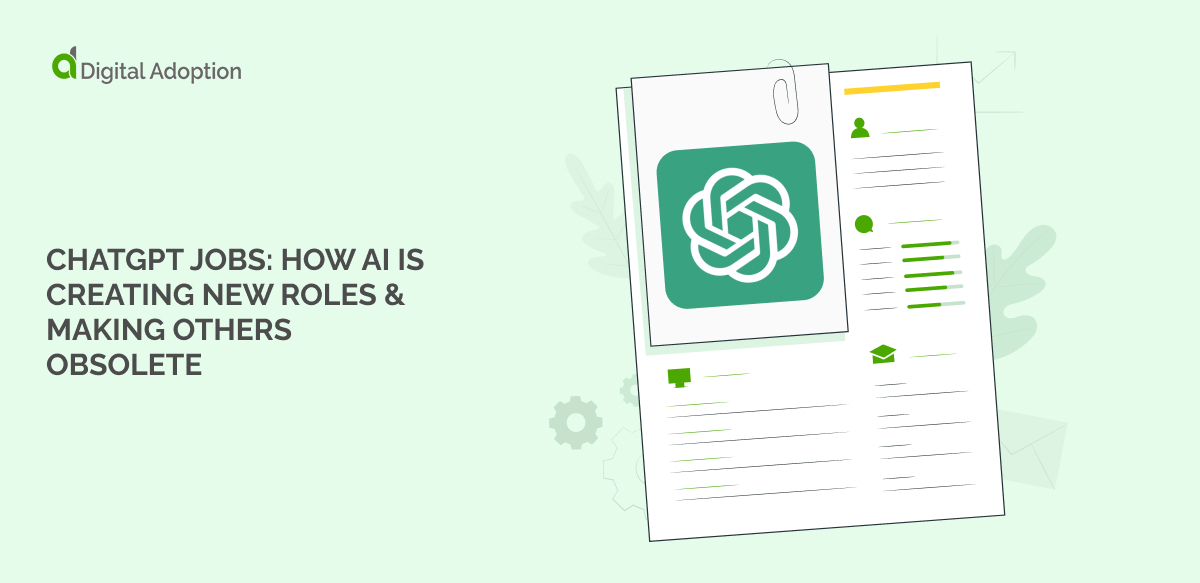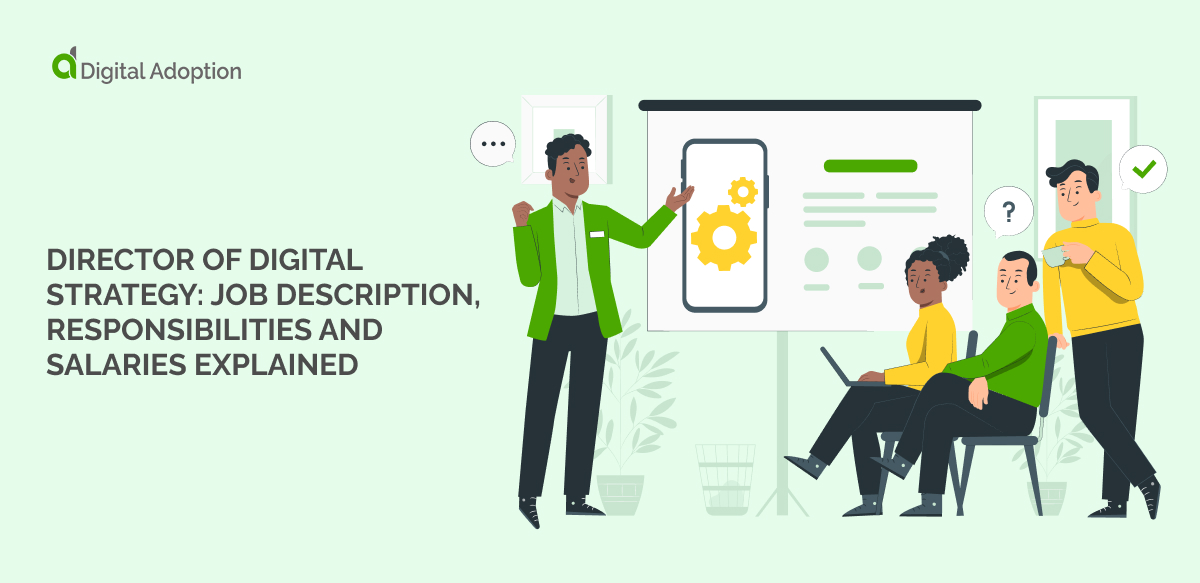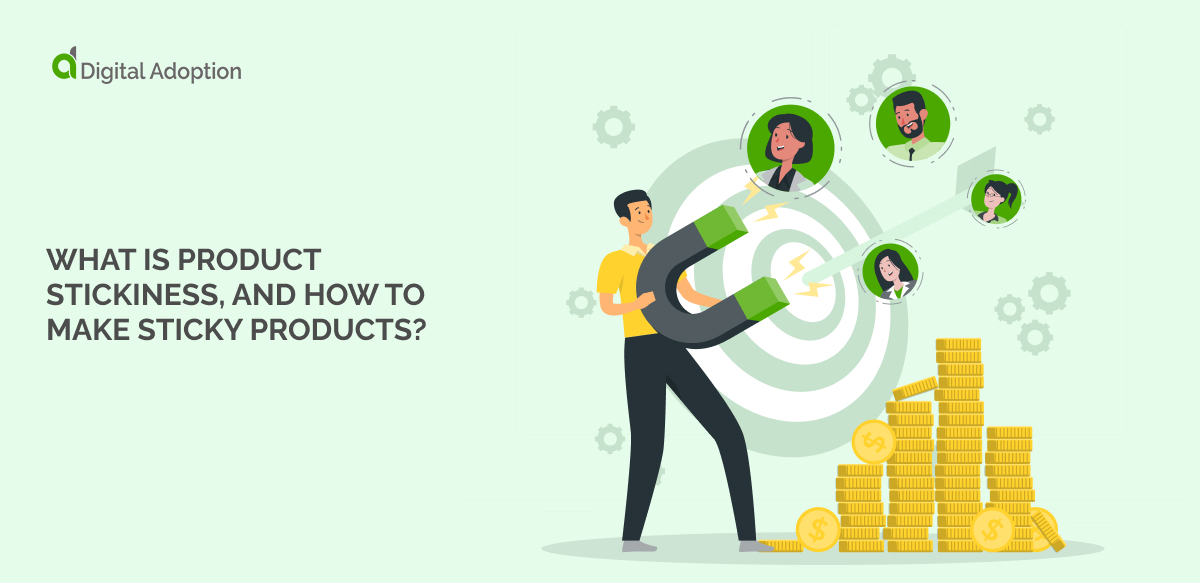Bringing onboard new digital tools and updating old software is a smart move.
However, you need to consider the consequences of such change. You must plan for every likely eventuality.
Hard as it may seem in the beginning, a good result is worth it. Successful digital adoption improves the user experience, facilitating goal completion and bringing you more profit.
Wise enterprise decision-makers understand that business optimization using technology is a top priority for survival and success.
Several studies claim that only 29% of enterprises successfully execute technology redevelopment, and 52% face numerous challenges in doing so. As a leader, you need to be ready to ring the bell before an issue develops into a business critical emergency.
With that in mind, here are the most common digital adoption 911 emergencies so you can recognize when it’s time to spring into action and save the business.
Call digital adoption 911 if you:
1. Experience excessive bleeding from your budget
When you decide to roll out a new digital tool for your company, the budget is an important thing to consider.
It’s not only the cost of the technology but the cost of training too. What resources and how much time are you going to need to get employees up to speed and productive using the new tool?
Whatever your estimate, add on 20%!
When you calculate the return on your investment, remember to factor in employee productivity.
You may notice that revenue is lower than you expected. Buying and installing a new digital accelerator is not in and of itself enough. Develop a strategic plan that covers:
- the process of moving from a legacy system to a new one;
- getting employees on board with the change;
- training them until they’re more productive with it than the old one.
Remember, true digital adoption is when digital tools are being used as intended and to their fullest capability.
2. Found missing crucial information
What did your mother used to tell you — never keep all your eggs in one basket? That’s good advice. But when you’re transferring your eggs to a new basket, there’s a risk some will get broken.
Eggs are data in this analogy. Transferring to a new system poses problems in terms of inputting new data. You leave yourself open to human error and inconsistency of information. And this is a recipe for collapse.
Back in 2013, when Target launched into Canada, the business collapsed almost as soon as they began ordering products because their brand new inventory management software was riddled with incorrect data.
Every line of data had to be re-confirmed manually, including product names, sizes, prices, etc. Truly, it was a data entry nightmare and one of the reasons behind Target Canada’s file for bankruptcy to the tune of a cool $7 billion.
Now that’s a real digital adoption 911.
3. Can’t extinguish the fire of an overly ambitious project
The process of technology integration plays a vital role in staying a competitive and profitable enterprise. So many enterprise decision-makers try to “catch up” with the market by launching tech integration in a couple of departments at once.
However, without careful guidance and full attention focused on every change, the process of digital adoption can result in a cascade of failures.
At the same time, it’s important that no department is left behind. For example, it’s not productive or profitable to introduce a new CRM, facilitating the sales process, if your supply unit is using outdated systems and processes and can’t keep up.
Digital upgrades should be planned and executed as a program of works, rather than individual changes.
4. Experience chronic training insufficiency
One of the biggest digital adoption 911 emergencies that can happen within a company that has decided to adopt new technology is poor or insufficient training.
Many software providers offer training packages with their product to gain the trust of buyers and secure the sale. Others assure prospects that their product is so simple to understand, employees will master it intuitively.
The latter is a falsehood; no technology is that user-friendly. And while training provided by the software provider might be better than nothing, it’s finite (and often costly).
The transition is usually quite painful. When employees feel that they can’t fully use or understand a new tool, they will make mistakes or steer away from the new tool altogether.
Resistance to change is a major factor in failed innovation. And since education is the key to being confident and capable, limitless training is essential to the digital adoption process.
Digital Adoption Platform to the rescue
If you’re suffering from any of these digital adoption 911 emergencies, the Digital Adoption Platform (DAP) is your best bet for survival.
DAP is software that aids the adoption of new technology. Based on machine learning and data analysis, it provides customized solutions for most common technological implementation problems.
It features step-by-step guides for your users (employees or customers) to understand new technology better, and master it faster. And it provides deep insights into your user behavior that enable you to improve digital tools and continue to innovate.













